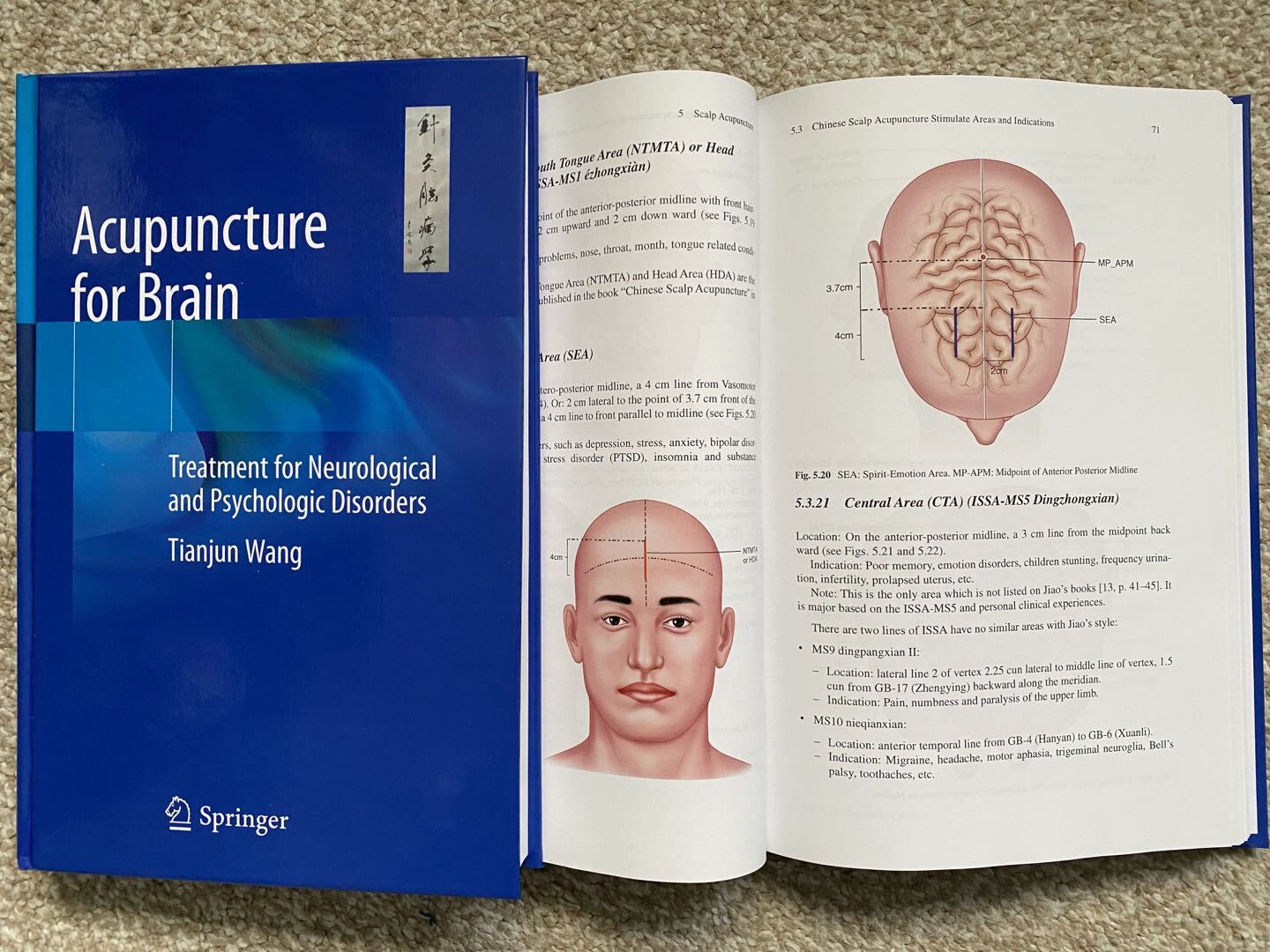Acupuncture For Life Balance
How Acupuncture Can Help Brain Conditions
A First Class Service with Prof. Dr. TJ Wang
The common brain related conditions often seeking for acupuncture help are:
Neurological diseases: Stroke, Headache and vertigo, Tinnitus, Hearing loss, Alzheimer ‘s, Parkinson’s, Migraine, Shock, Convulsions, Ataxia , Autism, Trauma brain injuries, Cerebral Palsy (CP), Myasthenia Gravis, Multiple Sclerosis (MS), Motor Neurone Disease (MND); Amyotrophic lateral sclerosis (ALS), Epilepsy, Phantom Limb Pain, etc.
Other brain related conditions: Some types of obesity, infertility, male and gynecological diseases, some skin problems, hormone disorders, many pains and other brain related diseases.
Scalp Acupuncture for Stroke
Stroke is a syndrome of rapidly developing neurological dysfunction of vascular origin, which causes focal or global signs of disturbed cerebral function. The two major types of stroke are cerebral infarction or ischemic stroke, and intracerebral haemorrhage.
Acupuncture treatment of stroke has as long as more than two thousand years, but developed rapidly from later 1970’. Xin Nao Kai Qiao (XNKQ, Awake brain and open orifices) and scalp acupuncture are the two major acupuncture techniques for stroke.




